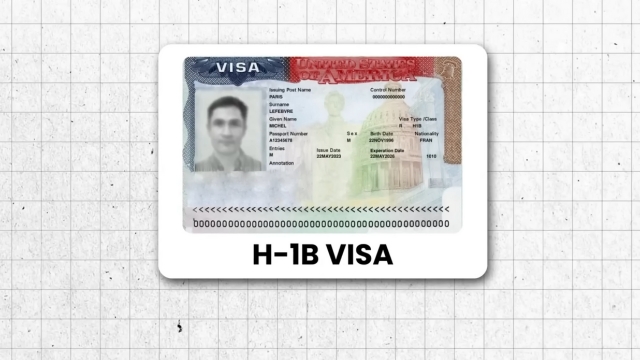Can an Older Brother or Sister Adopt a Younger Sibling?
Yes. An older brother or sister can legally adopt a younger sibling in many countries, including the United States, but only when strict legal, financial, and welfare conditions are met. Courts treat sibling adoption as a full and permanent transfer of parental rights, not as a symbolic or informal arrangement. Approval depends on the younger […]










